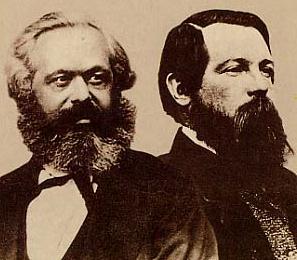Beiser on why the Counter-Enlightenment still matters today
A key exchange between 3:AM Magazine and scholar Frederick Beiser, author of The Fate of Reason: German Philosophy from Kant to Fichte: 3:AM: But this is the question that German philosophers in the last decades of the eighteenth century started asking: as you put it, they asked, ‘what is the authority of reason?’ They were […]
Beiser on why the Counter-Enlightenment still matters today Read More »
